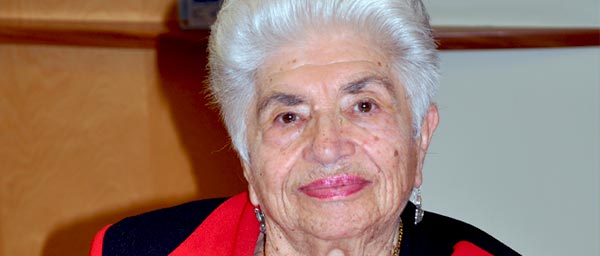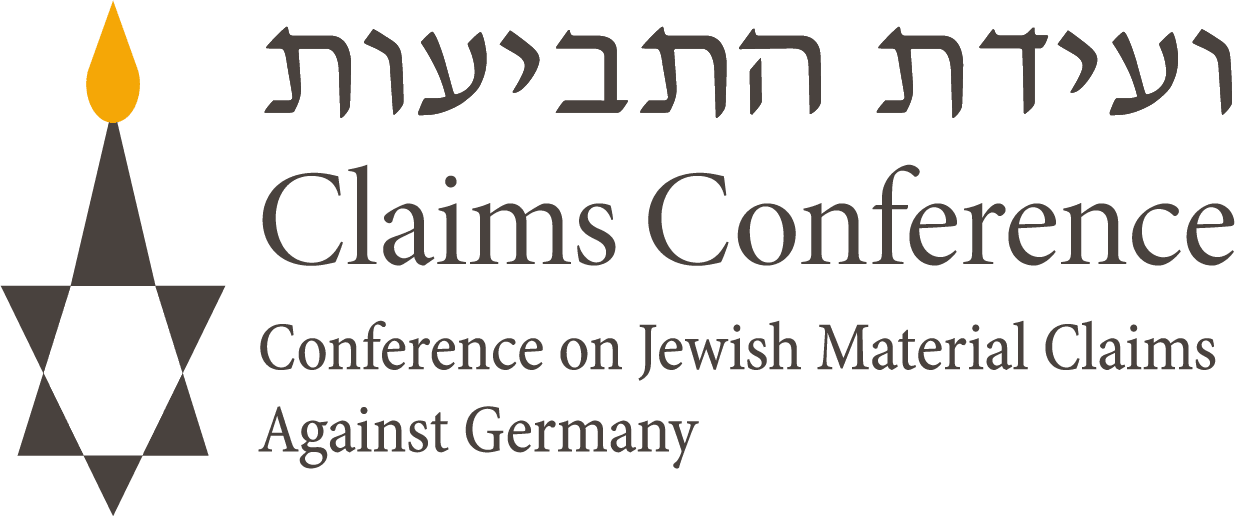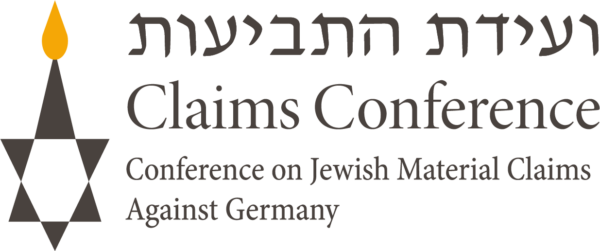
Direct compensation payments are made from the Article 2 Fund and the Hardship Fund. The Claims Conference negotiates on an ongoing basis with the German government to include additional Nazi victims in compensation programs, increase payments, and provide increased funds for social services.
Australia’s Nazi victim population is concentrated in Sydney and Melbourne, but the two major organizations that receive Claims Conference allocations also provide services to Nazi victims in the other Australian states and territories.
Australia differs from other countries of Jewish immigration because most of the Jews who arrived before 1955, with the exception of those born in the United Kingdom, are Nazi victims–and most of the country’s Nazi victims arrived before 1955. Additional migrations of Jewish Nazi victims occurred in the late 1950s, first from Hungary in 1956 after the Soviet invasion and then from Poland between 1957 and 1960, when the Gomulka government allowed Jews to emigrate. A fourth wave of Nazi victim immigration to Australia began in the 1980s from the Soviet Union and its successor states. Australia has the highest number of Holocaust survivors per capita outside Israel and they are a majority of the elderly that Jewish communal agencies serve. The vast majority of Holocaust survivors living in Australia today are in their 80s and 90s.
In Sydney, JewishCare New South Wales established its Nazi victim program more than 20 years ago. Most of Sydney’s Nazi victims, 1,800 of whom are served by the agency, are from Central Europe. Its Home Support Program provides extensive in-home services, including respite care for Nazi victims and their family caregivers, case management, client transportation, and emergency assistance, which includes individual grants on an as-needed basis for unanticipated costs related to housing, medical care, dental care, and emergency food assistance. There is a Russian Community Project that provides community-based services in areas where immigrants from the FSU live. JewishCare also operates the Community Club Network/Club 50 Drop-in Centre, which hold weekly meetings, socialization programs, and lectures and provides restitution assistance as well. There is an Adult Day Care Center that provides programs for Nazi victims suffering from dementia. JewishCare also coordinates in-home and emergency assistance services to Nazi victims who live in other Australian states and territories.
Jewish Care, outside of Melbourne, has been assisting Nazi victims with Claims Conference funding for more than a decade. The Nazi victim population, which serves approximately 1,500 people in Victoria State, is largely Eastern European in origin. Like its sister organization in Sydney, Jewish Care provides extensive in-home services, including personal care, respite care for clients and their caregivers, and home care, including specialist cleaning. The agency also provides home-delivered meals, gardening assistance, education on maintaining safety in the home, emergency cash assistance, friendly visitors, transportation, minor home modifications, medications, medical equipment, occupational therapy and physiotherapy, case management, housing support, and socialization programs though its Golden Age clubs and the Association of Former Inmates of Concentration Camps and Ghettoes from the Former Soviet Union. Jewish Care also provides in-home services to Nazi victims in other Australian states.
COA Sydney Incorporated (formerly, the Jewish Centre on Ageing) has provided the only kosher meal service to Nazi victims in New South Wales for the past 30 years, and has received Claims Conference funding since 1998. Its 70 volunteers provide approximately 22,500 hot lunches at its drop-in center and home-delivered meals to 164 Nazi victims in the Sydney area each year.

